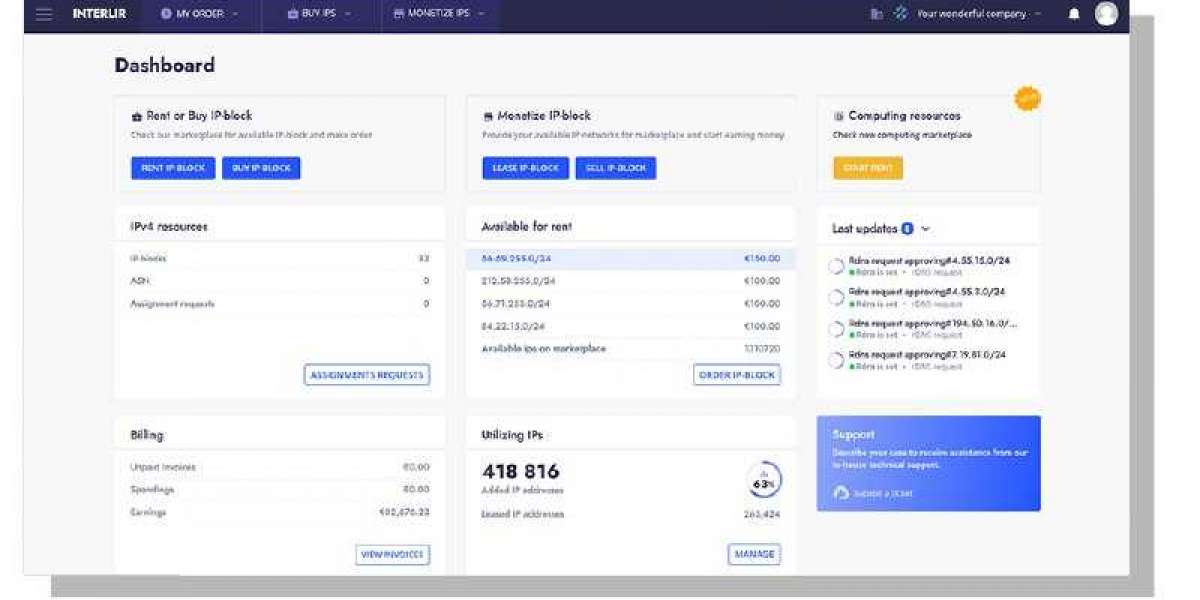Multiprotocol Label Switching (MPLS) remains a cornerstone of enterprise networking, providing a highly reliable and secure foundation for connecting global operations. A thorough analysis of the Mpls Market Valuation reveals a multi-billion-dollar industry, a figure that underscores its enduring importance in an era dominated by cloud computing and digital transformation. This substantial valuation is derived from the consistent and predictable revenue streams generated by telecommunications carriers and managed service providers who deliver MPLS services to a vast global base of enterprise customers. The market’s financial worth is a composite of several key components, including recurring monthly fees for private MPLS circuits, the sale and maintenance of high-performance network hardware such as routers and switches, and the lucrative contracts for managed network services that oversee these complex environments. For countless multinational corporations in sectors like finance, healthcare, and logistics, MPLS is not a discretionary IT spend but a fundamental utility, essential for securely connecting data centers, branch offices, and critical cloud resources with guaranteed performance, thus ensuring its continued and significant market valuation. The technology’s ability to provide traffic engineering and Quality of Service (QoS) allows businesses to prioritize mission-critical applications like voice, video, and enterprise resource planning (ERP) systems, a capability for which they are willing to pay a premium, further bolstering the market's robust financial standing.
The high valuation of the MPLS market is fundamentally supported by the business-critical need for Service Level Agreements (SLAs). Unlike the public internet, which operates on a "best-effort" delivery model, MPLS services come with contractual guarantees for uptime, packet delivery, latency, and jitter. These SLAs provide enterprises with the assurance and predictability required for their most sensitive and performance-dependent applications. In industries where even milliseconds of delay or a moment of downtime can result in significant financial loss or operational failure—such as high-frequency trading in the financial sector or real-time patient monitoring in healthcare—the reliability offered by MPLS is indispensable. This willingness of businesses to invest in a premium, carrier-grade network underlay to mitigate risk is a primary driver of the market's value. The valuation reflects the accumulated investment in global fiber optic infrastructure by major carriers over decades, creating a formidable barrier to entry and a stable service environment. This infrastructure allows for the creation of private, isolated wide-area networks (WANs) that are logically separated from the public internet, offering a superior level of intrinsic security against external threats, a feature that remains highly attractive to security-conscious organizations and contributes significantly to the market's overall worth.
Furthermore, the market valuation remains strong despite the rise of newer technologies like SD-WAN, largely because MPLS has successfully positioned itself as a key component within modern hybrid network architectures. Instead of being completely replaced, MPLS is often used as the premium, high-performance underlay for the most critical traffic, while less sensitive data is offloaded to more cost-effective broadband connections, all managed by an SD-WAN overlay. This synergistic relationship means that the growth of SD-WAN does not necessarily spell the decline of MPLS; in many cases, it reinforces its role as the trusted foundation for enterprise connectivity. The valuation is also sustained by the long-term nature of MPLS contracts, which typically span multiple years, providing service providers with stable and predictable revenue. The inherent "stickiness" of these services, coupled with the complexity of migrating a large global network, ensures high customer retention rates. This long-term financial stability, combined with its evolving role as the secure core of modern hybrid networks, ensures that the MPLS market maintains its significant and resilient valuation in the face of a changing technological landscape.
Top Trending Regional Reports -



